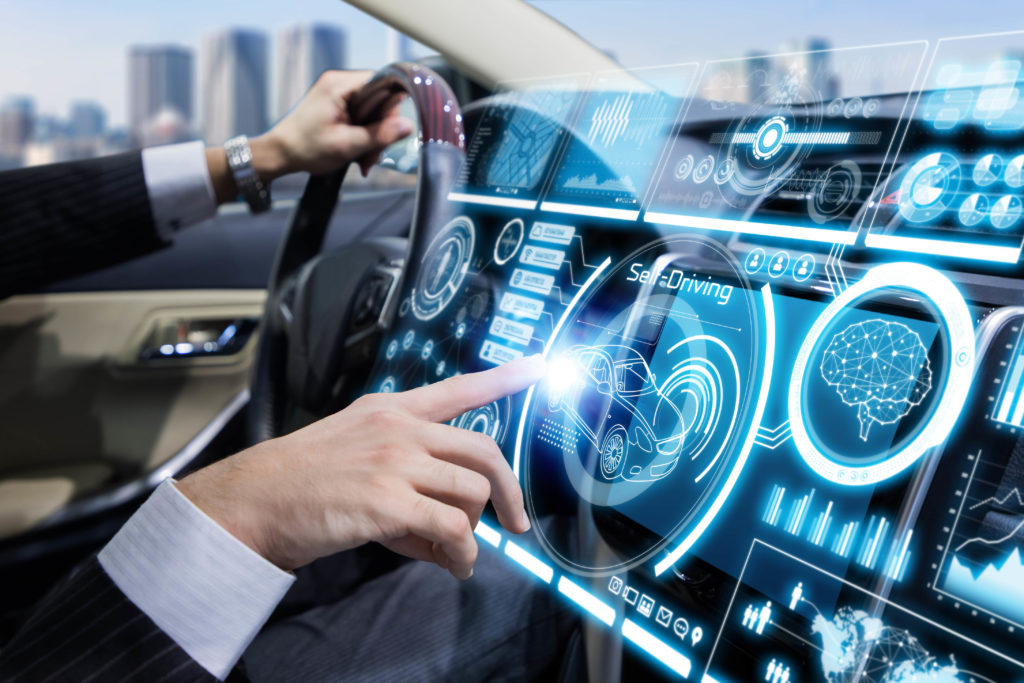The consumer perception of EVs has significantly evolved over the past decade, with a notable shift towards embracing cleaner and more sustainable transportation options. As the push for reducing carbon footprints and tackling climate change intensifies, many are curious about how these perceptions influence the widespread adoption of electric vehicles (EVs). In this article, we’ll delve into factors shaping this perception and what the future might hold for EVs on a global scale.

1. Introduction to Electric Vehicles
Understanding consumer perception of EVs requires an exploration of the basics. Electric vehicles are automobiles that are propelled by one or more electric motors, using energy typically stored in rechargeable batteries. Unlike their gasoline counterparts, EVs promise reduced emissions and lower operational costs.
2. Historical Context
The journey of electric vehicles has been a long and winding road. Tracing back to the 19th century, EVs were once seen as a luxury for the elite. However, with advancements in technology and the urgent need for environmental sustainability, they have gained significant traction in recent years.
3. Factors Influencing Consumer Perception
3.1. Environmental Impact
One of the primary factors driving positive consumer perception is the environmental benefits. EVs produce zero tailpipe emissions, contributing to cleaner air and a healthier planet. With growing awareness of climate change, consumers are increasingly inclined towards eco-friendly alternatives.
3.2. Cost Efficiency
The cost of fuel is a significant concern for traditional vehicle owners. EVs, on the other hand, offer lower operational costs. Charging an EV is typically cheaper than refueling with gasoline, leading to long-term savings. Additionally, governments around the world offer incentives to reduce the purchase price of EVs. For more details, visit our insights on EV incentives.
3.3. Technological Advancements
Advancements in battery technology and infrastructure have increased range, reduced charging times, and improved the overall efficiency of EVs. This has addressed many early concerns about performance and practicality.
3.4. Brand Influence and Marketing
Automotive brands play a crucial role in shaping consumer perceptions. Brands like Tesla have set benchmarks for innovation, tapping into a market eager for cutting-edge technology and sustainable solutions.
4. Challenges Facing EV Adoption
Despite the numerous benefits, there remain challenges that affect consumer perception. These include charging infrastructure, range anxiety, and the initial higher purchase price of many EV models.
5. Global Trends and Projections
As the global demand for EVs rises, countries are setting ambitious targets for phasing out internal combustion engines. To understand future projections, refer to our detailed analysis on 2025 EV Sales Projections.
6. Government Initiatives and Policies
Worldwide, governments are implementing policies to support EV adoption. From tax credits to infrastructure investments, these initiatives aim to bolster consumer confidence and facilitate a smoother transition to electric transportation.
7. The Role of Innovations in Consumer Perception
Innovations in AI and telematics are increasingly enhancing consumer experiences, offering better insights into vehicle performance and safety measures. Explore this further with our overview of AI Vehicle Solutions.
8. Consumer Demographics and Preferences
Today, the demographics of EV buyers are shifting. While early adopters typically hailed from affluent backgrounds, a broader audience is now showing interest, spurred by increased EV model variety and reduced costs.
9. Case Studies: Success Stories
To illustrate the positive change in consumer perception, we look at regions significantly advancing in EV adoption, setting examples for worldwide adoption.
10. Future of Consumer Perception of EVs
The future paints an optimistic picture, with further technological advancements, supportive policies, and increasing player involvement in the EV market.

FAQs
How do electric cars work?
Electric cars use electric motors for propulsion, drawing power from rechargeable batteries. For an in-depth understanding, visit this informative page.
Are electric vehicles cost-effective?
Yes, over time, EVs generally cost less in terms of fuel and maintenance compared to traditional vehicles.
What incentives are available for EV buyers?
Many countries offer financial incentives to promote EV purchases, including tax credits and rebates. Check out the latest on EV incentives.






